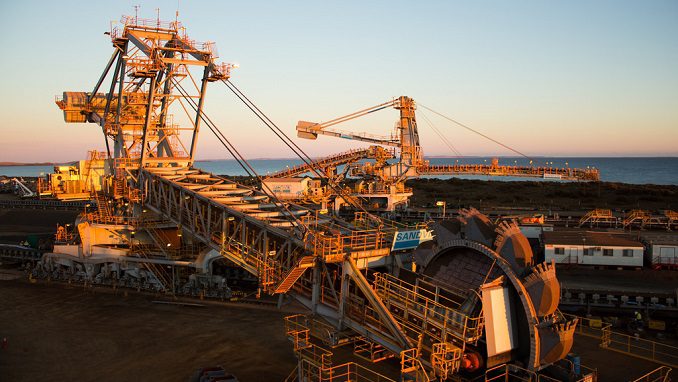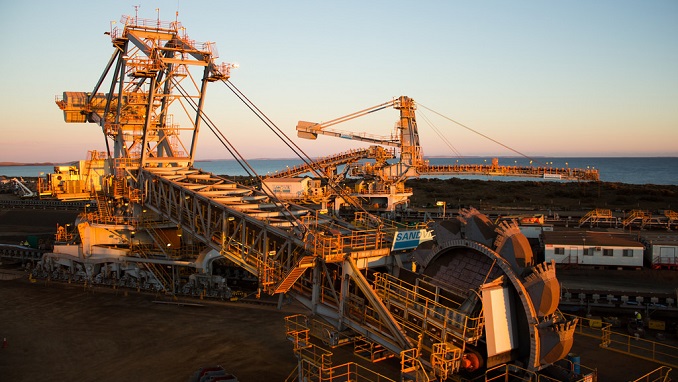China is poised to witness a potential record surge in the import of Mongolian coking coal in 2024, following a remarkable more-than-doubling of imports in 2023. This surge is attributed to the improvement in transport infrastructure and the competitive pricing of Mongolian coal compared to both domestic and international supplies. Traders and miners foresee this trend continuing, marking a significant shift in China’s steelmaking ingredient imports.
As the world’s largest steel producer and coal importer, China’s inclination towards abundant Mongolian coal supplies may come at the expense of Australian imports, historically a substantial source of coking coal. Australia, the second-largest coking coal miner globally, held the position of China’s primary supplier until a diplomatic dispute in 2020. The ongoing shift in preference towards Mongolian coking coal reflects a complex interplay of economic, geopolitical, and logistical factors.
In the ongoing year, coking coal imports from landlocked Mongolia are projected to increase by more than 10%, facilitated by newly expanded road links that enable greater truck traffic. These developments are crucial as China primarily imports Mongolian coal by truck through seven ports along a vast border stretching over 4,600 km (2,858 miles). The enhanced transportation infrastructure not only reduces logistical constraints but also contributes to the overall efficiency of coal imports.
Chinese coal traders have noted that both Beijing and Ulaanbaatar have streamlined customs clearances to boost coal imports, which had been hampered by transport bottlenecks. The simplification of customs processes, addition of more truck lanes at land ports, expedited document checks, and the deployment of automated vehicles to transport coal across the border underscore the collaborative efforts to facilitate smoother cross-border trade.
A Beijing-based coal trading executive emphasized the significant role played by the governments of China and Mongolia in driving the expanding coal trade. This collaborative effort gained momentum, especially during the period of an unofficial ban on Australian coal, where the Chinese government sought alternatives and concurrently worked on improving transport links with Mongolia. The competitive advantage of Mongolian coal, coupled with the strategic initiative to strengthen trade ties, positions it favorably in the evolving dynamics of China’s coal imports.
The diplomatic tensions between China and Australia, leading to a de facto ban on several commodities, including coking coal, prompted a search for alternative suppliers. Mongolia emerged as a viable option, and since then, both governments have actively worked towards enhancing the logistics and infrastructure supporting Mongolian coal imports. The trader highlighted that the groundwork for increasing Mongolian coal imports was laid during the period of tension with Australia and has since continued to evolve.







